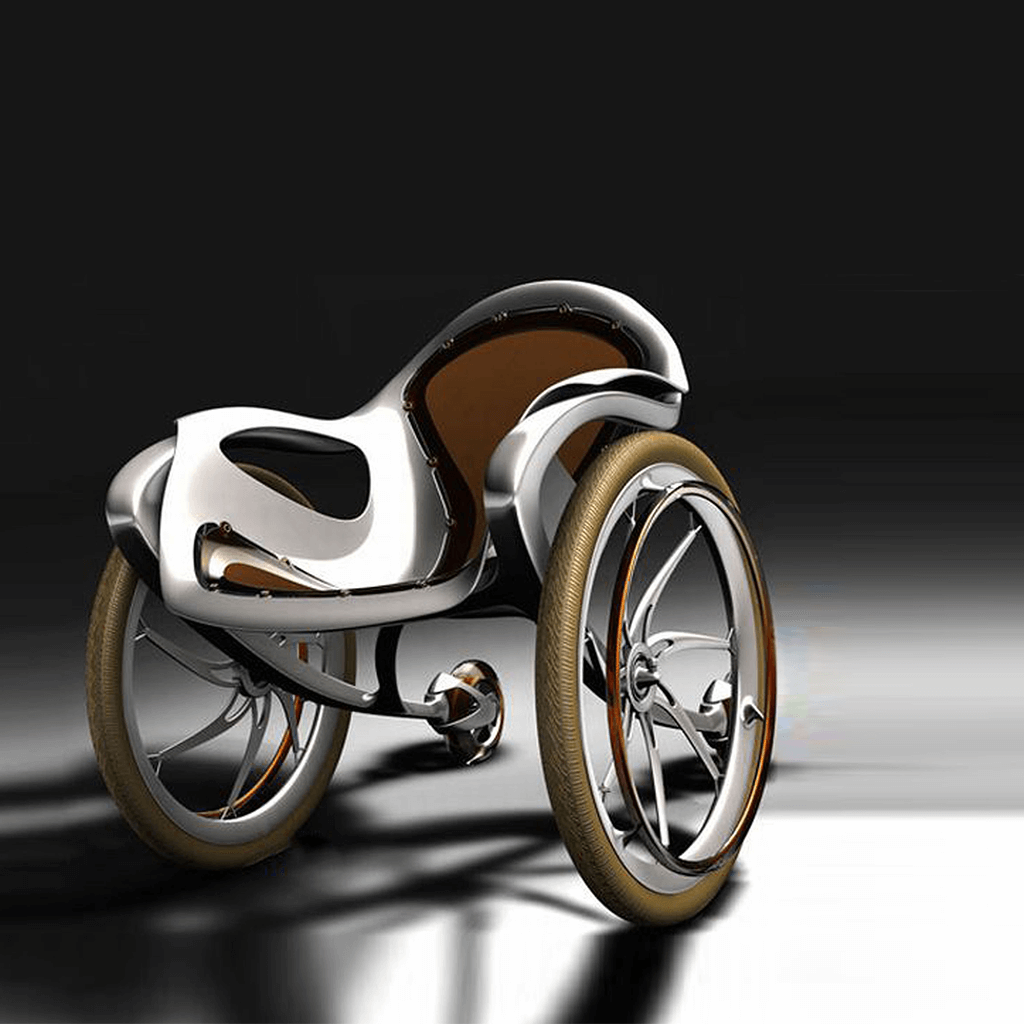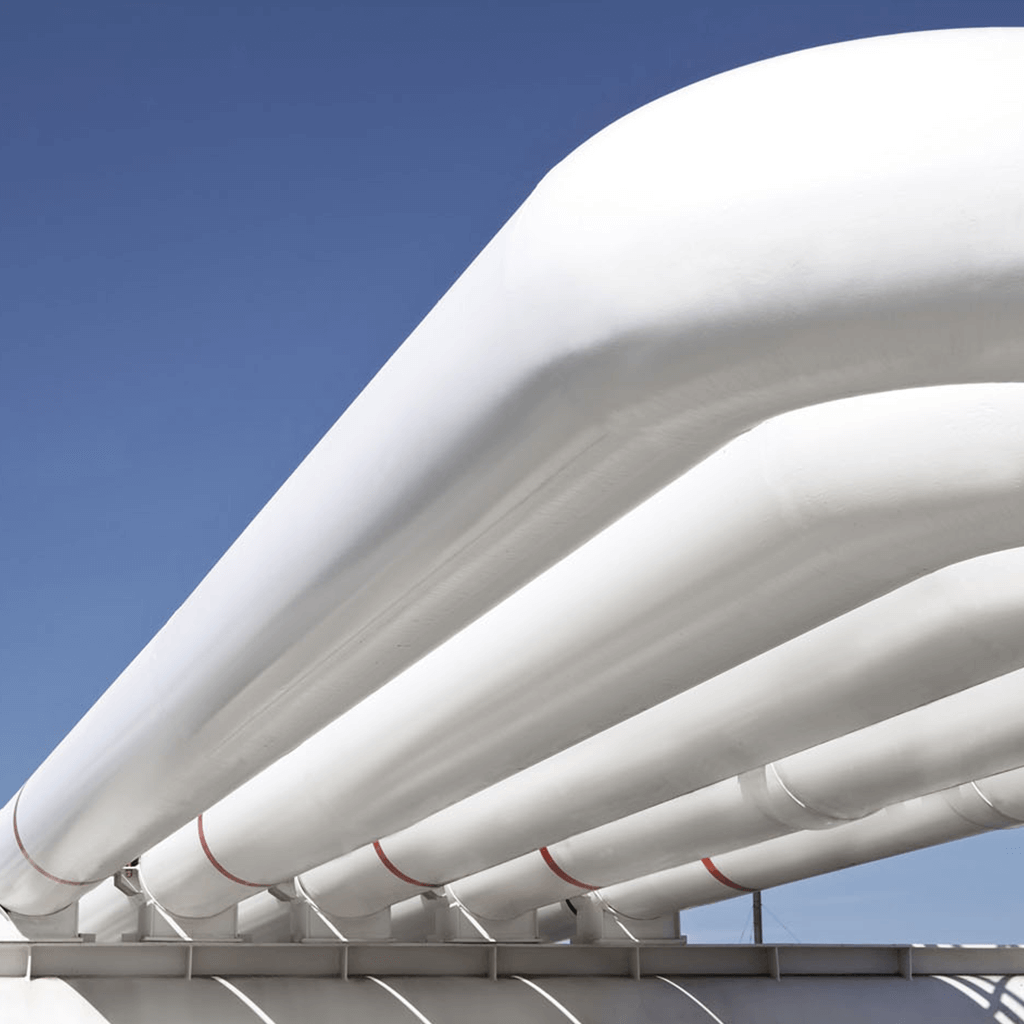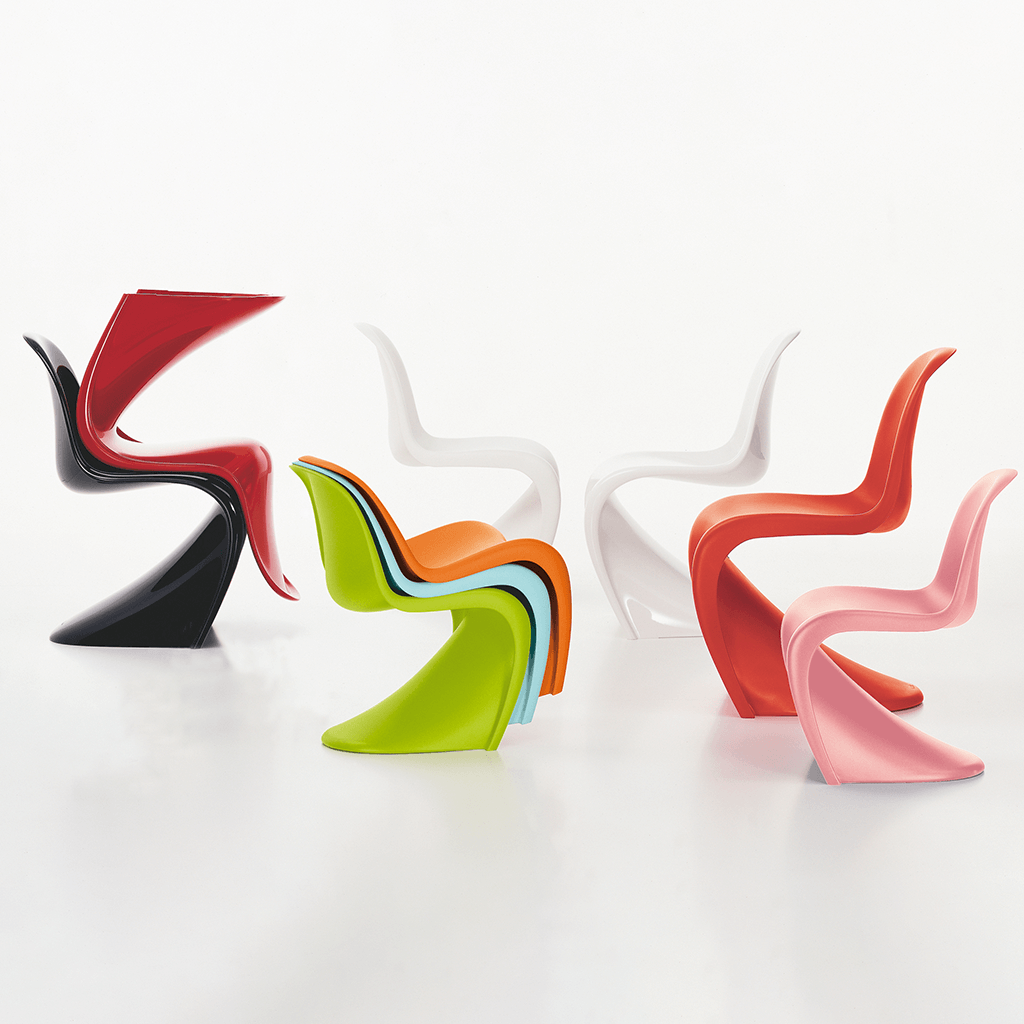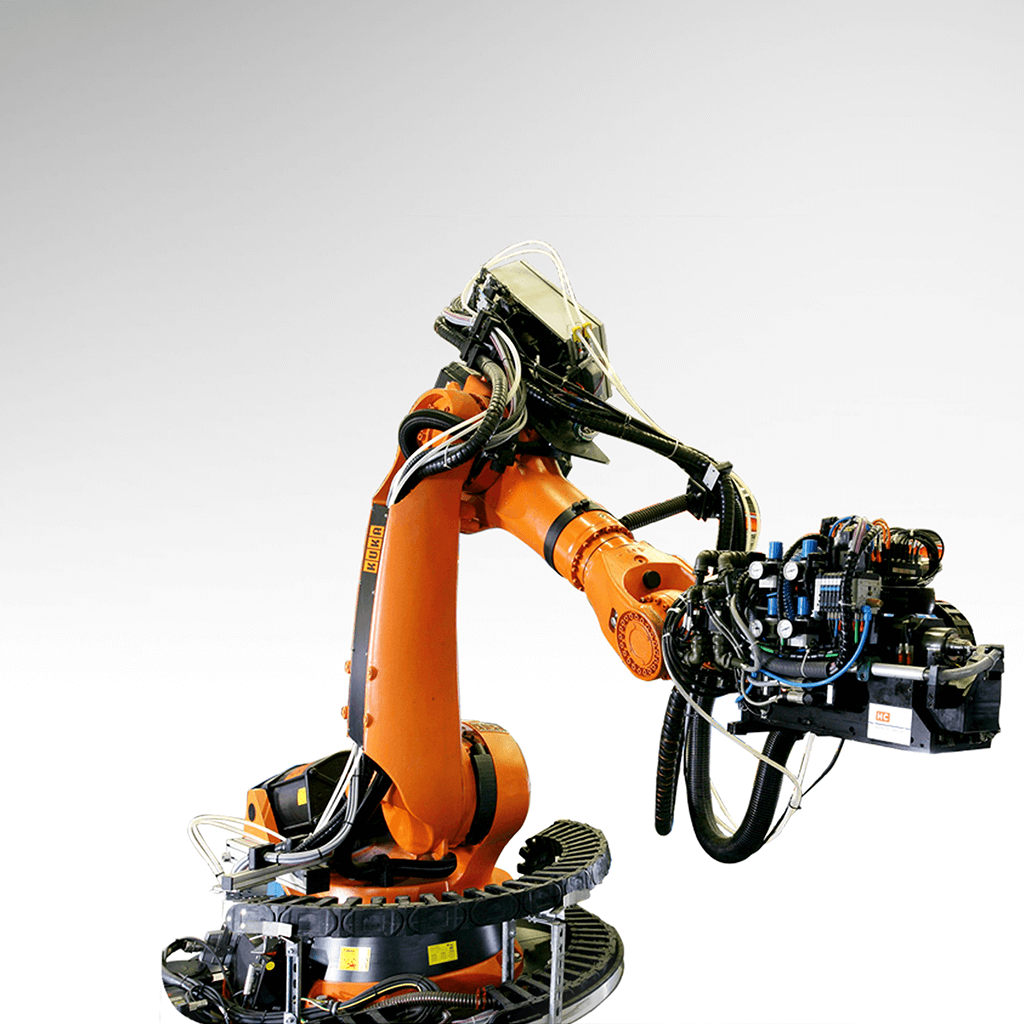Thermolysis launches fully recyclable products using recycled carbon fibre at JEC World 2024
Introduced the RCF brand, a sustainable initiative committed to complete recycling, in pursuit of the goal of zero waste.

To dispel the misconception that composite materials cannot be recycled, Thermolysis is dedicated to developing a range of products that can be entirely recycled, utilizing recycled materials as a foundation. They are pleased to announce the establishment of a socially responsible green brand, “RCF”. This brand designs and produces a range of bicycle accessories and daily necessities, using carbon fiber recycled by Thermolysis.
The product lineup of the RCF brand comprises bicycle accessories, including bottle cages, pads, seats, cycling shoe boards, light stands, and fenders. All these products are crafted from Thermolysis’ recycled carbon fiber, ensuring not only their lightweight characteristics but also retaining excellent mechanical strength.
Thermolysis is committed not only to crafting innovative products but also to assuming responsibility for products. They pledge to implement comprehensive recycling measures for all future productions, thereby ensuring environmental integrity and furthering the promotion of carbon fiber recycling.

The carbon fiber regeneration process is ISO 14067 certified, emitting only a fifth of the carbon emissions compared to raw fiber production.
Carbon fiber composite materials are the predominant materials sought for lightweight applications in major industries. However, when examining the carbon footprint traced back to the production stage of carbon fiber raw filaments, two significant issues arise.
Initially, high energy use in production leads to substantial carbon emissions, resulting in increased carbon taxes on the final products. Secondly, the recycling technology for carbon fiber composite materials is still in its developmental stages, resulting in high-value carbon fibers being treated as waste after a single use and leading to an avoidable depletion of resources.
Through Thermolysis’ distinctive equipment and technology, they have successfully achieved the recycling and reuse of carbon fibers. This accomplishment not only significantly diminishes the production of carbon fiber waste but also lowers carbon emissions.
According to statistics, the production of one ton of newly manufactured carbon fiber typically leads to approximately 20-40 tons of CO2 emissions. In 2023, Thermolysis enlisted Germany’s TÜV Rheinland for ISO 14067 carbon footprint standard certification. The results indicate that the carbon emissions for each kilogram of its “recycled carbon fiber” total only 5.047 kilograms of carbon dioxide equivalent. In comparison to the production of new materials, Thermolysis’ recycled carbon fiber demonstrates a carbon emission level merely one-fifth that of new materials.
Achieved certification under UL 2809 for the verification of recycled material content.
The source of recycled carbon fiber materials in the market is unclear and difficult to trace. This, along with inconsistent material quality, has diminished industry confidence in using recycled materials.
To build customer trust, Thermolysis has enlisted the third-party organization UL to certify the origin of waste materials. Since 2022, they have secured UL 2809 recycled material content verification, ensuring complete transparency and traceability of material history. This certification serves as proof that Thermolysis processes genuine recycled materials.
Company profile
Thermolysis originates from Taiwan and specializes in the large-scale production of recycled carbon fiber.
Founded in 2016, Thermolysis is a Taiwan-based enterprise committed to continuous innovation. They specialize in the development and integration of high temperature thermal treatment systems, applied particularly to “carbon fiber recycling.” Since 2020, they have been constructing carbon fiber recycling and regeneration factory lines, engaging in large-scale processing and production of recycled carbon fiber.
Utilizing recycled carbon fiber as the primary raw material, they introduce a series of intermediate products designed for seamless integration into the industrial chain.
Recycled carbon fiber differs significantly from the virgin fiber in shape, possessing a light and fluffy texture, variable lengths, and an irregular arrangement, posing challenges for future recycling efforts. To address this issue, Thermolysis is dedicated to the development of processed products using recycled carbon fiber. This commitment aims to enhance the processability of recycled products and expand their applications.
To foster the growth of the recycled carbon fiber market, they intend to broaden their applications to high-value-added products. Besides large-scale recycled carbon fiber production, they meet downstream needs in the carbon fiber industry through the design and manufacture of recycled carbon fiber paper, non-woven materials, and plastic pellets. This ensures a smooth integration of recycled materials into the initial production process.
The “recycled carbon fiber products” developed by Thermolysis encompass staple, non-woven, paper, and plastic pellets. The application methods for these products include both thermosetting and thermoplastic processes. The thermosetting process involves utilizing recycled carbon fiber staple for Bulk Molding Compound (BMC) processing. Alternatively, one can opt for Resin Transfer Molding (RTM) and Sheet Molding Compound (SMC) methods to impregnate “recycled carbon fiber non-woven” and “recycled carbon fiber paper.”
Thermoset products, distinguished by their high strength and well-established processing technology, find widespread applications in product reinforcement and large component production.
Owing to the diverse materials employed in the thermoplastic process, one can select the appropriate composite plastic based on product requirements. This process boasts excellent characteristics, including plastic formability, suitability for mass production, high reprocessability, and recyclability.
The “recycled carbon fiber plastic pellets” created by Thermolysis using Compounding technology are well-suited for the injection process. This results in notable enhancements in the mechanical and electrical properties of the finished injection products.
Moreover, “recycled carbon fiber non-woven” and “recycled carbon fiber paper” can undergo lamination through hot pressing and thermoplastic film materials. Their product line expands to include intermediate products like “recycled carbon fiber prepregs,” “recycled carbon fiber thermoplastic laminates,” and “recycled carbon fiber pipes.”

Thermolysis eagerly anticipates presenting its products at JEC World 2024, the world’s premier composites exhibition.
JEC World is the world’s largest composite materials exhibition, featuring the latest technologies and applications in raw materials, processes, and finished products. Looking at 2023, it’s clear that numerous manufacturers are prioritizing and investing in Environmental, Social, and Governance (ESG) initiatives, carbon neutrality, and the circular economy.
Last year marked Thermolysis’ debut at the event, where they highlighted their expertise in recycling and large-scale production of recycled carbon fiber, accompanied by a range of easily processed recycled products. Additionally, they enthusiastically took part in the Startup Booster competition and were proud to stand out among 500 participants, securing a spot in the top 20.
This year, Thermolysis is back in Paris, unveiling their new brand RCF and showcasing an array of eco-friendly products crafted from recycled materials, emphasizing their commitment to complete recycling.
They hope that Thermolysis’ commitment to environmental sustainability will garner greater recognition from customers, while also showcasing to the international community the dynamism of Taiwanese companies in the realms of environmental protection and innovation.
Meet Thermolysis at JEC World 2024, hall 5, booth N136.











